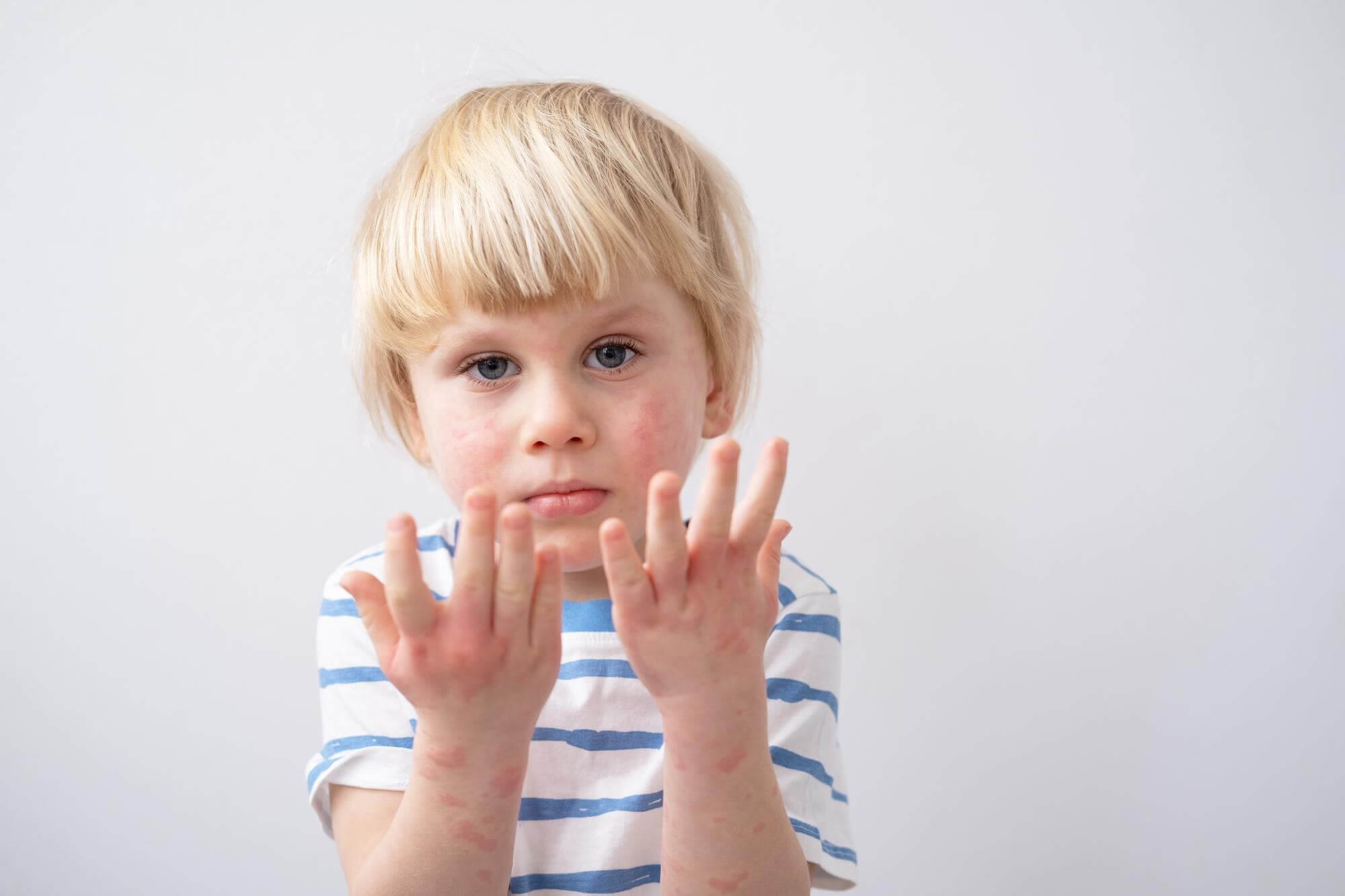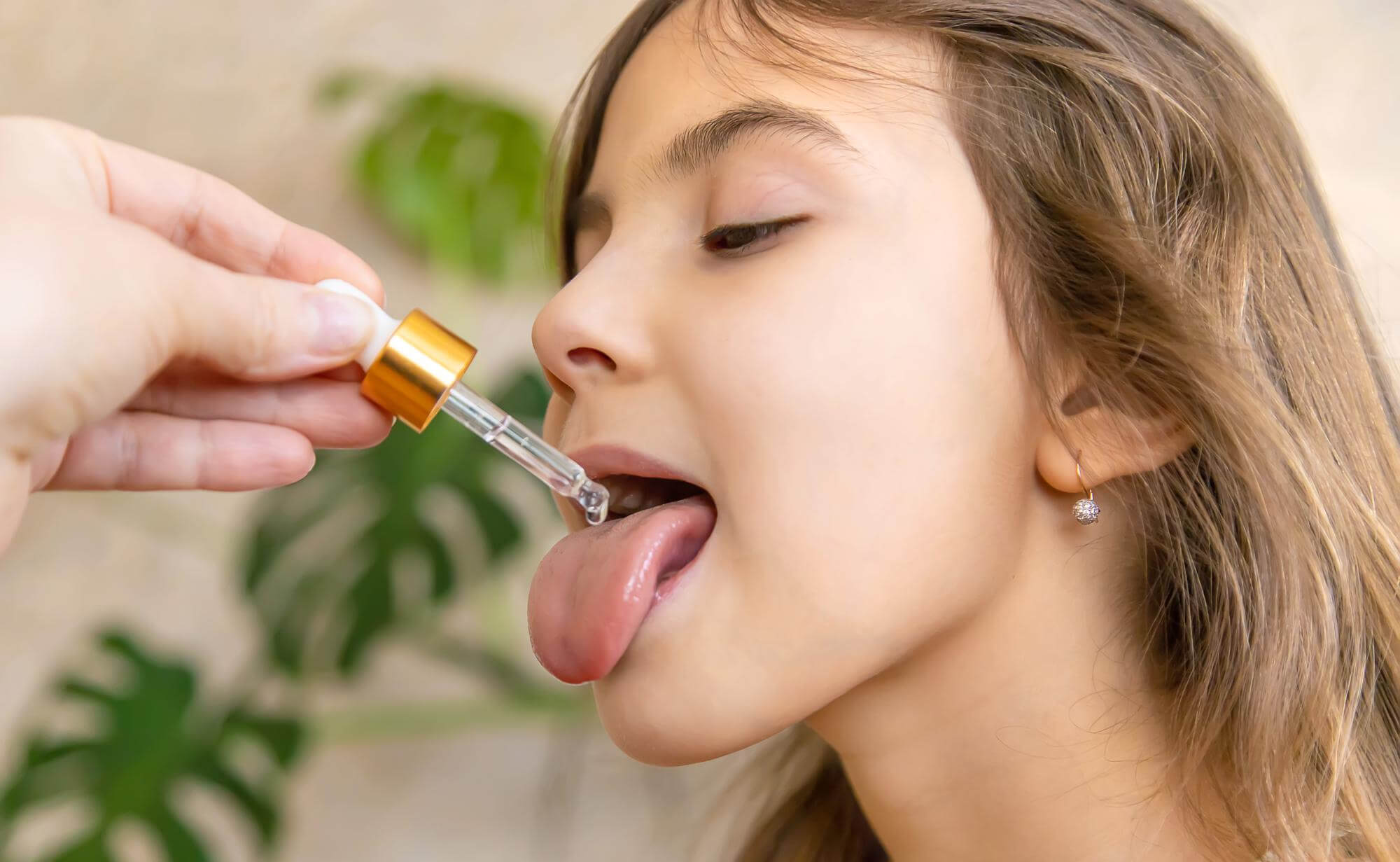Food allergies in children: symptoms, diagnosis and treatment


Eva Zakharova
Food allergies in children are a common problem, especially at an early age. It can appear in different forms, including skin, gastrointestinal and respiratory symptoms. It is important to know the signs of food allergies in a child and contact a specialist in time for diagnosis and treatment.
What are food allergies?
A food allergy is a reaction of the body's immune system to certain foods that cause an allergic reaction. The child's body perceives certain foods as harmful and begins to produce antibodies to destroy them, resulting in various allergy symptoms.
Causes of food allergies in children
Causes of food allergies in children can vary. The most common factors are heredity, immune deficiency conditions, early introduction of complementary foods, and uncontrolled consumption of allergenic foods. In addition, psychosomatics may also play a role in the development of allergies.
Symptoms of food allergies in children

Cutaneous manifestations of food allergies in children include redness, rashes, itching, swelling, and inflammation of the skin. The rash may be localized to the cheeks, neck, arms, and legs. What does an allergic rash look like in a baby? It is usually a small, reddened rash, sometimes with a coating or crusts.
Food allergies in children can manifest as nausea, vomiting, diarrhea, constipation, and abdominal pain. Infants may also experience colic and frequent regurgitation.
Respiratory symptoms of food allergies in children include cough, runny nose, difficulty breathing, wheezing and asthmatic attacks.
Common symptoms of food allergies include increased fatigue, irritability, decreased appetite, and insomnia. Headaches and dizziness may occur in children over the age of 2 and 5.
How to recognize food allergies in a child
To determine a food allergy, the allergist collects a history and examines the child. During the conversation with the specialist, it is necessary to tell about the symptoms, the products that can cause allergies, as well as the presence of allergic diseases in the closest relatives.
- One way to diagnose food allergies is to have a blood test for IgE class antibodies to certain foods. This helps determine which foods you are allergic to.
- Skin tests help identify the allergen that is causing the reaction. The doctor applies a small amount of the allergen to the skin and performs a skin scrub or prick. If the skin at the site of contact with the allergen becomes red and swollen, this indicates an allergy.
- Another method of diagnosing food allergies is the exceptional diet. Under the control of a doctor, certain products are excluded from the child's diet for a certain period of time, after which the health of the baby is evaluated. If the symptoms improve after excluding the product, this may indicate that it is allergenic.
Treatment and prevention of food allergy

The main method of treating a food allergy is to completely eliminate the allergenic product from the child's diet. This will help avoid repeated allergic reactions and improve your baby's health.
If symptoms of a food allergy occur, the doctor may prescribe medication. Antihistamines such as cetirizine, loratadine, or phenistyl can help relieve itching, swelling, and other allergy symptoms. Corticosteroids and adrenaline may be prescribed for severe allergic reactions.
Preventing food allergies
To prevent food allergies in young children, it is important to properly introduce complementary foods. The introduction of a new food should be done in stages, in the rule of one food in one week, in order to trace any potential allergic reactions.
Breastfeeding strengthens the baby's immune system and reduces the risk of allergies. It is recommended to breastfeed until 6 months of age and then gradually introduce complementary foods, keeping breastfeeding as long as possible.
In conclusion, food allergies in children are a serious problem that requires timely detection and proper treatment. Knowing the signs of allergies, symptoms and prevention methods will help prevent allergic reactions and keep your baby healthy.
New materials
Popular Articles
We recommend reading
Contact us in the Contact Us section to ask questions, offer ideas, or for more information about our allergy resource.
Our articles are your trusted source of allergy knowledge. Learn how to make life with allergic reactions easier on our specialized portal.
©
Lechenie-Allergii.com. All rights reserved.
© Lechenie-Allergii.com. All rights reserved.
The information on this site is for informational purposes only and is not a substitute for professional medical advice. We recommend consulting with qualified medical professionals for accurate information and advice.
 English
English  Українська
Українська  Русский
Русский 









